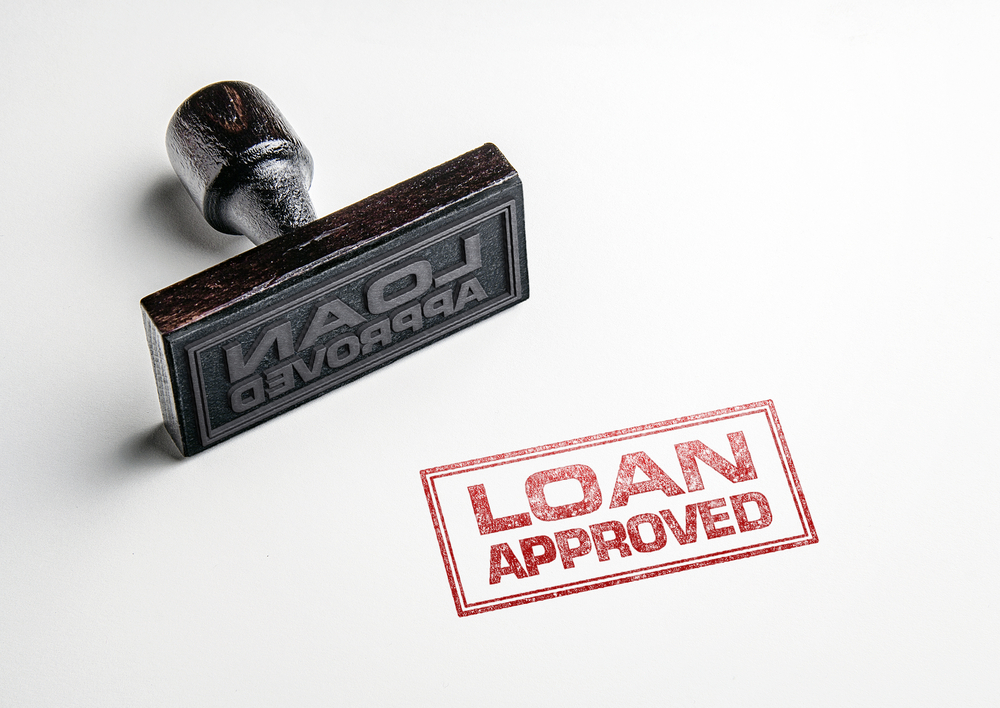Advantages And Disadvantages Of Non-Traditional Financing For Farmers
It is becoming increasingly common for the agricultural sector to have to borrow if they are to stay in business. Unfortunately, for farmers, the economy doesn’t look good yet. In fact, the so-called Farm Slump is starting to become increasingly worse.
“Farmers are enduring a multiyear slump in crop and livestock prices that is pushing many to the financial brink. Since 2013, America’s farmers and ranchers have weathered a 45 percent drop in net farm income, the largest three-year drop since the start of the Great Depression.”
The added difficulty is that the financial sector is very much aware of these problems. As a result, banks are reluctant to work with farmers and give them the loans they so badly need. The alternative, therefore, is a hard money loan, but that comes with significant pros and cons.
Difficulty in Getting Loans from Banks
Alternative financing is becoming more and more popular. In itself, that isn’t anything new. Indeed, companies like LendingClub and Upstart have been around for many years and are proving to be very successful.
Upstart is the first lending platform to leverage artificial intelligence and machine learning to price credit and automate the borrowing process. Upstart has demonstrated unparalleled credit performance and the industry’s highest consumer ratings.
Rise in Non-Traditional Lenders
What is new, however, is that the agricultural industry is starting to look towards these types of lenders. Yet, it seems to be getting so popular so quickly, that some of these non-traditional lenders have started to focus specifically on farmers, or at least to develop products specifically for farmers. These include Conterra Asset Management, Ag Resource Management, Farmers Business Network, Farmland Partners, John Deere Financial, AgAmerica Lending, and CHS.
While it is certainly true that, for many farmers, non-traditional lending has provided a respite and an opportunity to stay in business, it is important that they fully understand the associated risks. On the other hand, financial experts agree that when times are tough, tough decisions have to be made. And since non-traditional lenders have far less stringent requirements for their borrowers, it may mean having to accept that risk. Essentially, these lenders do not look at the things that happened in the past, but consider what is likely to happen in the future instead.
Warning from Financial Experts
According to financial experts, farmers should learn to see these non-traditional lenders as solutions to very different problems. A bank loan, for instance, is usually taken out to support long term growth. A hard money loan, by contrast, should be taken out to rehabilitate operations so that they can get back on track. There are very big differences between traditional and hard money lenders, and that means the purpose of the money borrowed should also be different.
Alternative lenders often make capital available for a wider variety of business owners. There may be a minimum credit score, but it’s often lower than the bank’s requirement. Alternative lenders also might not ask for a business plan and only require you to have been in business for several months.
Things to Be Aware Of Regarding Hard Money Lenders
What seems clear is that a distressed farmer or agricultural business need to exert due diligence. When money is tight, it is all too easy for people to accept just about anything that is offered to them, even if that could lead them to even bigger problems later on. When farmers are desperate, they may forget to ask about the things that actually matter. This is why it is important that they seek sound financial advice first, and that this comes from a trusted, independent, third party source. Hard money loans have significant advantages but equally significant disadvantages. Which of the two will weigh heavier will depend entirely on the individual situation.
Additionally, there is always a concern of falling victim to a loan shark.
Loan sharks thrive where traditional banking is absent. They fill an unmet need, albeit often in a heartless, exploitative way.
Because the non-traditional lending space is the perfect environment for loan sharks, it is even more important to be careful. If a lender charges an upfront fee, that is a major red flag. And even if there appear to be no red flags, it is still a good idea for any deal to be properly reviewed by a legal expert. Since no hard money lender is federally regulated, it is all too easy to get things wrong.
It is also important to ask the right questions. Finding out how long the lender has been working in this manner, and why they agree to lend to someone that a bank would refuse, is important. So is finding out how the deals are structured. Similarly, the lender should be able to demonstrate past experience in the agricultural and farming industry in particular, as this shows that they, too, understand the risks they are getting involved in.
The Pros and Cons of Alternative Lending
If used properly, alternative lending is a great way for the agricultural sector to stay afloat. However, there are big risks associated with it, and only those who understand those risks should ever really consider taking out these loans. The main advantages include the fact that:
- The loan is flexible. There are no complicated regulatory burdens to overcome, meaning they are flexible in their repayment terms, loan amount, acceptance criteria, and more.
- The loans close very quickly, sometimes in as little as a few days.
- It is possible to only pay interest, although those models are a little bit harder to find. It does leave you with a balloon payment at the end, however.
- The lenders are experienced in dealing with distressed farmers and know whether or not there is a risk worth taking.
On the other hand, the disadvantages include the fact that:
- The loans are generally short term. That said, some lenders will consider slightly longer terms if the borrower can demonstrate why this is needed.
- The loans require a very strong exit strategy. Because they are so easy to obtain, it is equally easy to get trapped in them.
- There is a lot of red tape, as a full paper trail of how the money is spent is generally required.
- The loans are very expensive, with high interest rates.







